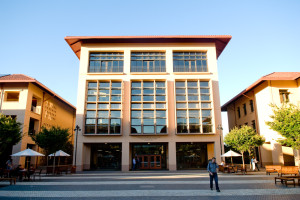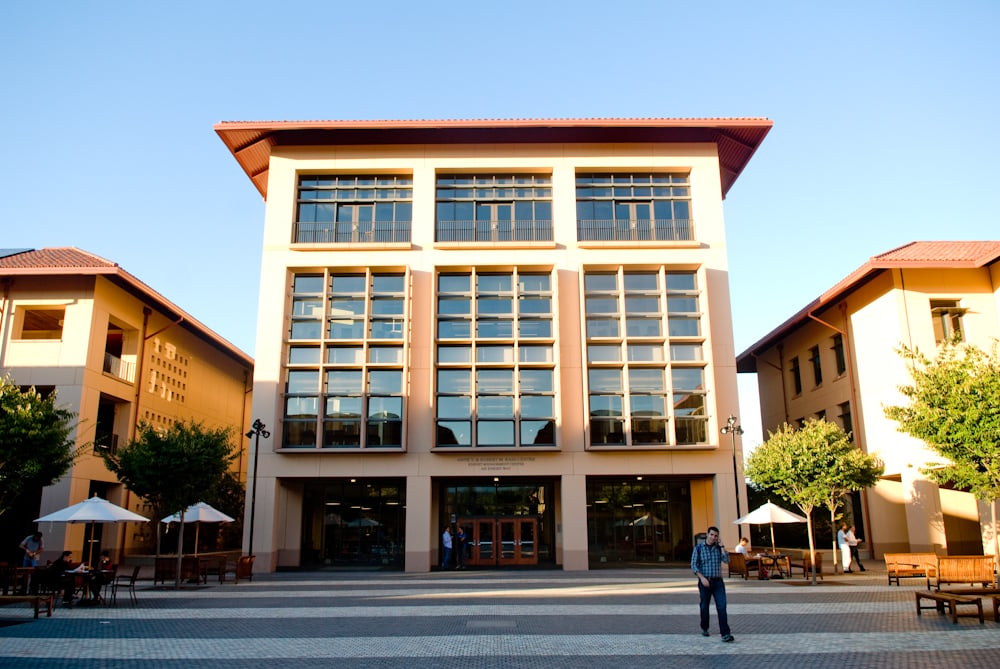
After a successful pilot program last year, Stanford’s Graduate School of Business (GSB) will once again launch its nine-week certificate program in innovation and entrepreneurship in Bangalore, India, this April.
The Bangalore program is an extension of the GSB Ignite educational program that occurs on campus twice a year in January and in June, giving innovators from a variety of different disciplines an intensive core business education and enabling them to work in teams to pursue and develop their own ventures.
“It’s not enough to have an amazing idea-you really have to understand what is the core value of what you are creating, what will it take to execute, and what’s the optimal way of making it successful,” said Yossi Feinberg, faculty director for the program.
The inaugural Bangalore program graduated 41 students, who joined a broader network of more than 900 participants from which more than 80 new companies have been created. Because one of the qualifications for eligibility to the program is that the applicant does not have any previous graduate business training, these alumni range from a variety of academic and professional fields. Over the course of the nine weeks, students engage in 100 hours of teaching and up to 150 hours of out-of-classroom work.
“This is an intensive academic experience,” said Bethany Coates MBA ’04, assistant dean for Global Innovation Programs at the GSB. “It’s not for someone who wants to sail through and get a certificate at the end.”
As a testament to the success of the program, Coates said that of the eight teams that worked together in Bangalore, four went on to develope their projects into real-life startups.
Fahad Azad, a participant in the 2013 Ignite Bangalore program, went on to a start a company called Robosoft Systems and invented an unmanned aerial robot that takes high-resolution photographs of crop fields with the purpose of helping farmers in India become more efficient with their produce.
According to Coates, other alumni have gone on to work in larger, existing corporations such as Oracle, Google, Apple and Microsoft; a smaller but still substantial minority have gone into academia.
Besides the rigorous academic program combined with teamwork and local mentorship, a crucial component of last year’s Bangalore success was the partnership with Infosys, which enabled GSB professors-who were scheduled to lecture only once or twice in India-to be screened in via high-resolution video and microphones rather than incurring the cost of round-trip flights.
“This was one of the things that we worried a lot about before we launched in Bangalore because it was a proof point for us,” Coates said. “If this did not work we didn’t have a program.”
“But now we know it works….It’s an incredibly efficient use of our faculty’s time…It’s a fabulous experience for our students because rather than only have access to four of our faculty they have access to 12,” she added.
With regard to the initial rationale for expanding Ignite internationally last April, Coates commented on the need for the GSB to gain global business exposure, to better relate to the increasing numbers of international Stanford students and to more broadly pursue the GSB’s mission of providing business education opportunities to those who otherwise would not have access.
In line with this effort, the Ignite program will also be offered in Paris and Beijing in 2014.
Alexa Liautaud contributed to this report.
Contact Catherine Zaw at czaw13 ‘at’ stanford.edu.
